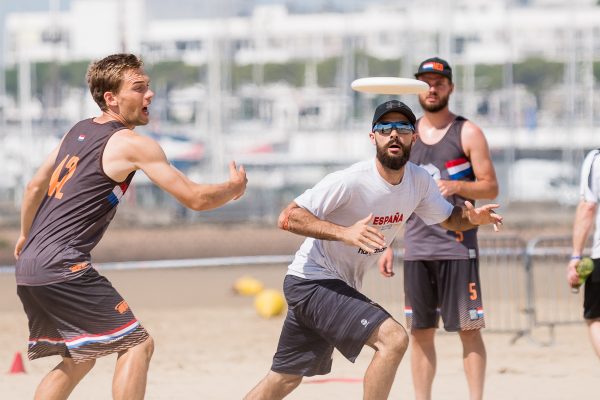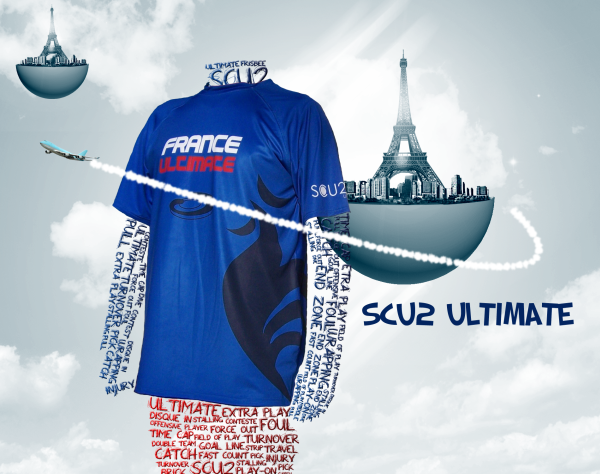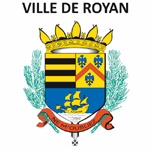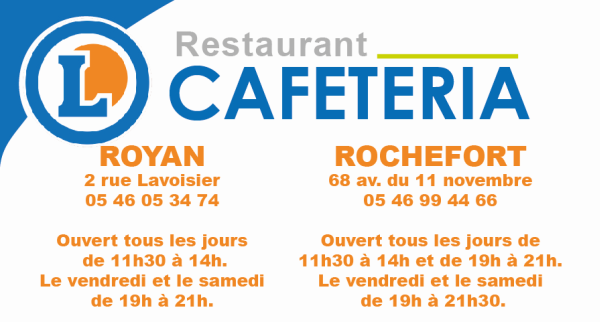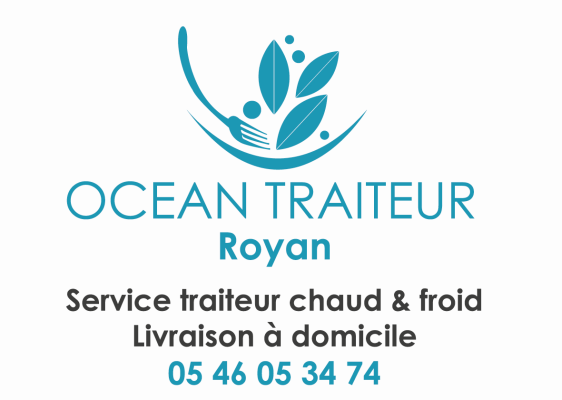Where has this Spain team come from?
That must have been the thought of the Canadian players, as Spain secured a 7-0 lead, and eventually a 12-8 win. Or maybe the Singaporean players, as Spain took the game 13-3. The Polish Men’s team (which finished level with Spain at WUGC 2016) may also have been thinking it, as Spain beat them 11-5.
Spain aren’t a traditional Ultimate power.
Looking at the roster, there aren’t really any big names. The team is all really young. There are three returners from the last Spanish beach outing, at ECBU in 2013. Spain doesn’t really train in Men’s either. In Spain, teams focus on the Mixed division. They may have a couple of trainings as a single-gender squad before entering Spanish Men’s or Women’s Nationals, but that’s it. The team is from all around Spain. Apart from a naturalised American and a Venezuelan, and a Brit on a year abroad, the rest of the team is solidly home grown.
Spain shouldn’t be this good.
The run up to the tournament has been interesting. They had a set of trials, and then one training. The entered one tournament properly (Confederations Cup) and ten of the players entered another one unofficially (Copa Tanga, as Cocktail). They didn’t do warm-up matches. But given the results so far and the third place at Confederations Cup (including a 13-5 victory over Russia), one thing is painfully clear:
Spain, on beach, right here and right now, really are this good. And I was desperate to know why.
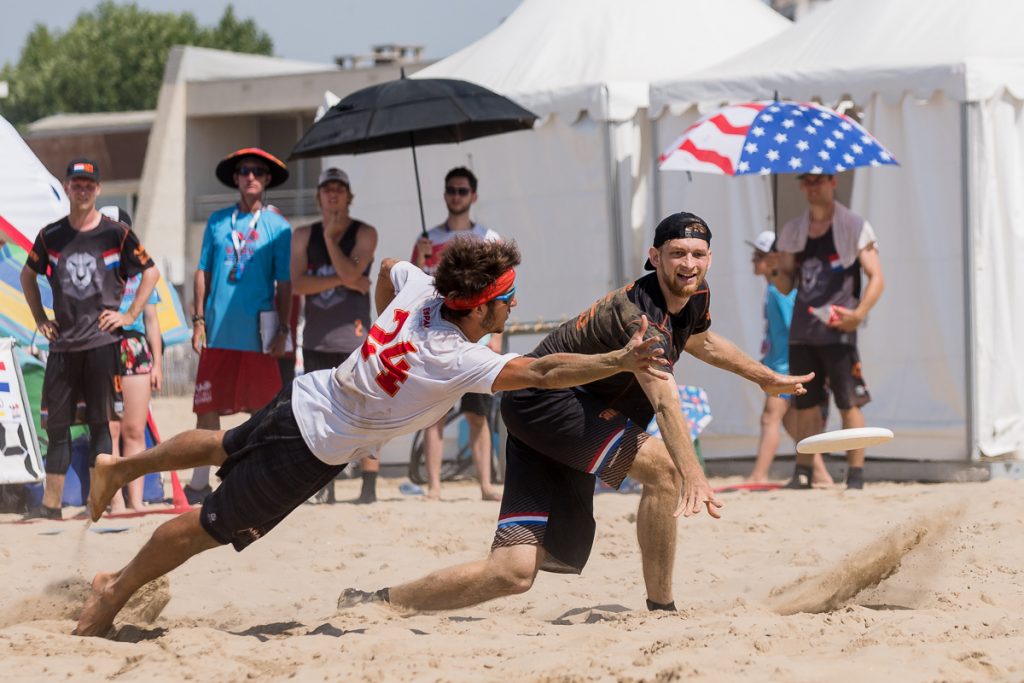
Diego Lorenzo Jiménez lays out on the force against The Netherlands. Photo by Tino Tran.
They don’t have coaches. Of course they don’t – this is Spain, and they do things their own way. But they do have a group of three who act as leaders to the team. Ricardo Márquez Ravelo is the ‘experience’ on the team. He represented Spain back in WCBU 2011, when they finished seventh. He’s older than the rest of the team, and helps guide their passion into good play. Juan Fernandez Troyano is the ‘young confidence’. He keeps the team keen but grounded, and emphasises the ‘point-by-point’ mentality Spain are taking to the big games. He credits it for their victory against Canada. Diego Lorenzo Jimenénez oversees fitness. They jokingly refer to him as the ‘Spanish Morrill’ – a reference to Tim Morrill, the American fitness coach. The team only had one training, so their five-month fitness program was key to their success.
The three not-coaches joke and laugh together. They are pleased with the performances of the team so far, and speak very honestly about their teammates. “We have no superstars,” says Ravelo. “We have soldiers. Every player just wants to be part of the squad. Everyone is humble, and no one has an ego. They follow their captains’ orders. We communicate a lot. We live very far apart, and so we have to. Even when we are separate, we are family.”
The team is young, because of a concerted effort to develop a new generation of young Spanish players. The mentality is very important to this team. The whole team meditates at the start of each day, to help themselves focus. They are committed to having excellent spirit (overseen by spirit captain Quirze Rovira Castellà, who holds them to the highest standard). First place in spirit at a hotly contested Confederations Cup indicates initial success in this goal. To them, spirit is non-negotiable, as it grounds the players and helps them play better.
Under the guidance of Ricardo, Juan and Diego, this young team is only going to grow and grow. I ask for one final take away from the team, and they reply with the same mantra as before, ‘point by point’. Then they pause, wondering how much to reveal. It turns out they have a Spanish version of this phrase. And it’s taken from Al Pacino in the movie Any Given Sunday. He uses the phrase ‘inch-by-inch’. But their version is Spanish, and it’s the phrase they love to share with each other the most. ‘Pulgada a pulgada’.
The Spanish team really are this good. And they’re taking over. Pulgada a pulgada.
By Harry Mason.


